|
|
|
Editor's note
|
|
Kia ora koutou and welcome everyone to this week’s New Zealand newsletter.
I’ve just returned from a brief break, which makes me appreciate this week’s article about our obsession with performance even more. Ben Walker, at Victoria University of Wellington, and Dan Caprar, at the University of Sydney, explore how much work shapes our sense of self. They argue that it is not only what we do, but how good we are at doing it that increasingly influences how we see ourselves - in some cases so strongly that we come to see our performance as a key part of who we are.
Identity is also the topic of a piece by Anoosh Soltani, at the University of Waikato, and Hannah Thinyane, at the United Nations University, who have interviewed young Muslim women living in New Zealand to find out how they combine faith and modesty with a sense of fashion to break down stereotypes of oppression.
And Dominic O'Sullivan, at Charles Sturt University, looks at a recent Waitangi Tribunal report on New Zealand’s primary health care system, which found that despite clear intentions, the state fails to deliver good outcomes for Māori - because it does not stand aside to allow Māori self-determination.
You’ll find plenty more on the New Zealand page and in the selection of articles from The Conversation’s international editions below. If you know somebody who would enjoy this newsletter, feel free to forward this email. They can subscribe here. Thank you for reading. Ngā mihi nui ki a koutou.
|
Veronika Meduna
New Zealand Editor
|

|
|
Top stories
|

How well we do – at work or on the sports field – influences how we see ourselves.
from www.shutterstock.com
Ben Walker, Victoria University of Wellington; Dan Caprar, University of Sydney
Work already affects many people's sense of self-worth, but now new research suggests that it's not only what we do, but how good we are at it, that affects how we see ourselves.
|

Muslim women wear the hijab as a statement of fashion and identity.
from www.shutterstock.com
Anoosh Soltani, University of Waikato; Hannah Thinyane, United Nations University
Muslim women are often perceived as oppressed and self-segregated, but many contemporary Muslim women reinterpret Islam to express their sense of style and fashion.
|
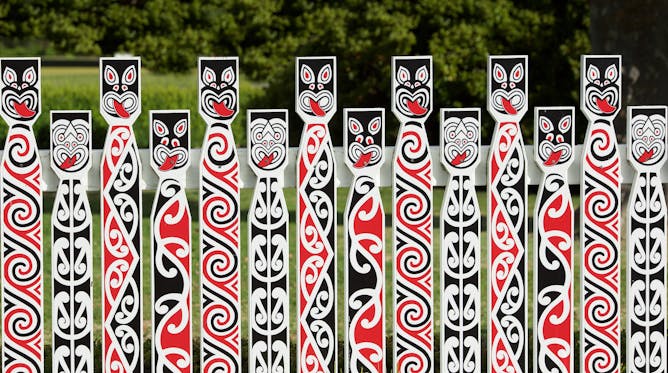
The Treaty of Waitangi obliges the state to ensure that public policy is as effective for Māori as it is for everybody else.
from www.shutterstock.com
Dominic O'Sullivan, Charles Sturt University
A report on primary health care found New Zealand fails to deliver good outcomes for Māori because the state does not stand aside to allow Māori to take charge of their own affairs.
|

Academics in precarious employment struggle to feel a strong sense of self.
Nathan Dumlao/Unsplash
Kate Bone, Massey University
Academics on casual contracts often feel vulnerable and of lower status than "permanent" staff members. They can minimise their exploitation as if it's part of the authentic academic experience.
|
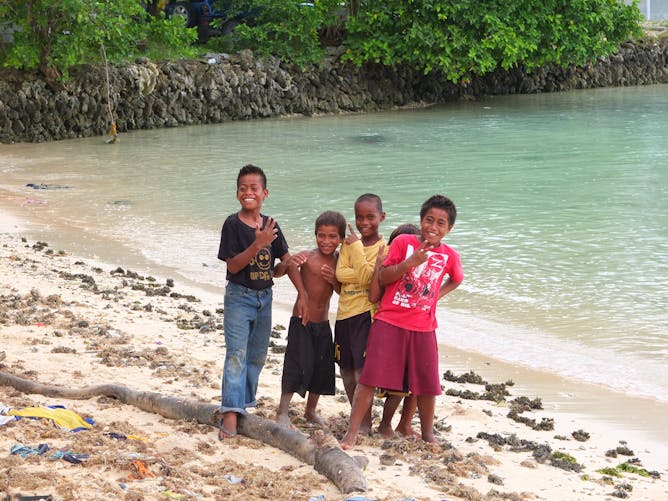
Boys play on a beach in Kiribati in 2014. Cuba is training doctors to tend to people on the Pacific island nation, struggling with disease amid the worsening effects of climate change.
(Shutterstock)
Robert Huish, Dalhousie University; Sharon McLennan, Massey University
Cuba is offering a compelling example of how we can take care of each other during the climate crisis with its work training doctors on Kiribati, a nation that is being devastated by climate change.
|
From The Conversation's international editions
|
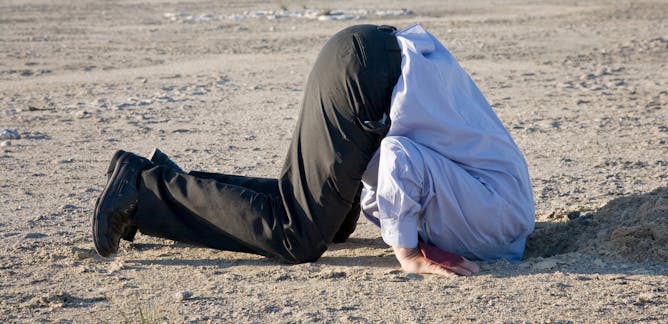
Neville Nicholls, Monash University
Scientists introduced credible climate change to the world in 1979, but it's taken decades for their message to sink in.
| |
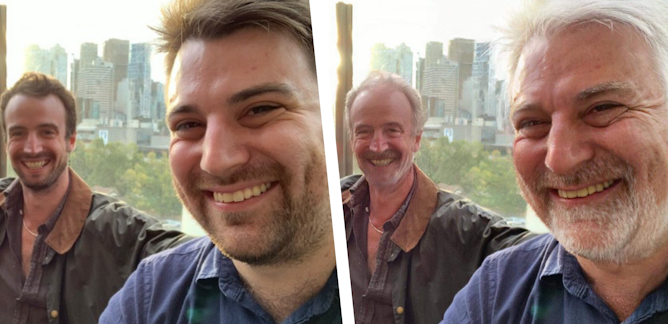
Mark Giancaspro, University of Adelaide
FaceApp is surging in popularity. But if things go sour, the fine print says you waive your right to take legal action unless you wrote to the app's Russian HQ, via snail mail, within 30 days of downloading.
|
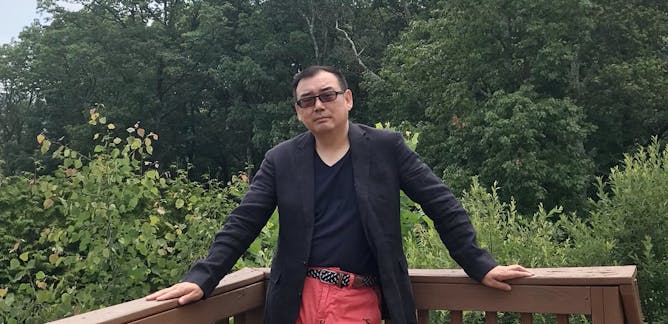
Chongyi Feng, University of Technology Sydney
There are growing calls for the Chinese-Australian writer Yang Hengjun to be freed after six months of detention and interrogation in China.
| |
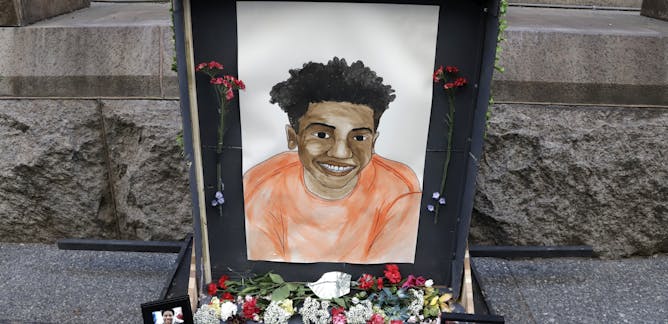
David Johnson, University of Maryland; Joseph Cesario, Michigan State University
A new project looks at the race of on-duty police officers and civilians involved in 917 fatal shootings in 2015.
|
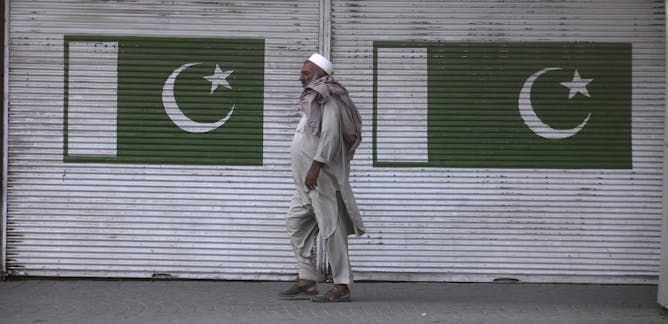
Kyla Tienhaara, Queen's University, Ontario
Abolishing the secretive World Bank Tribunal known as the ISDS won't solve all of the problems of global economic governance. But it seems a very good place to start.
| |
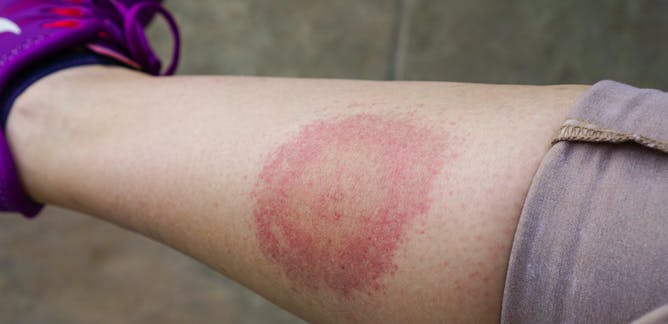
Michelle Bentley, Royal Holloway
The Pentagon has been instructed by the House of Representatives to investigate whether ticks were infected with Lyme disease by the US military.
|
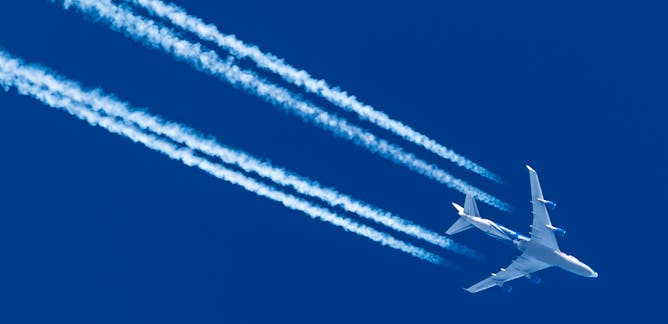
Tom Baum, University of Strathclyde
Reducing air travel may have a positive effect on climate change but it will inevitably damage developing countries that rely on tourism for their chances of prosperity.
| |
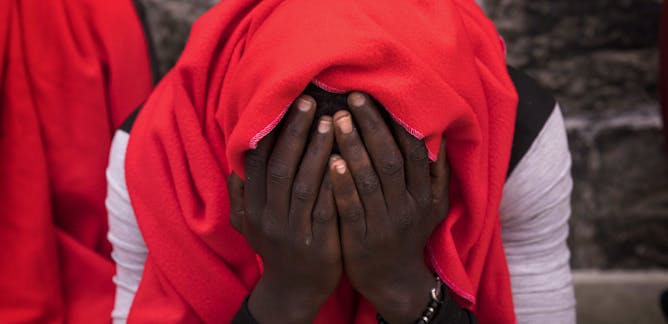
Luna Vives, Université de Montréal
European states have the legal and moral obligation to resume search-and-rescue operations in the Mediterranean. Spain's Salvamento Maritimo should lead the way.
|
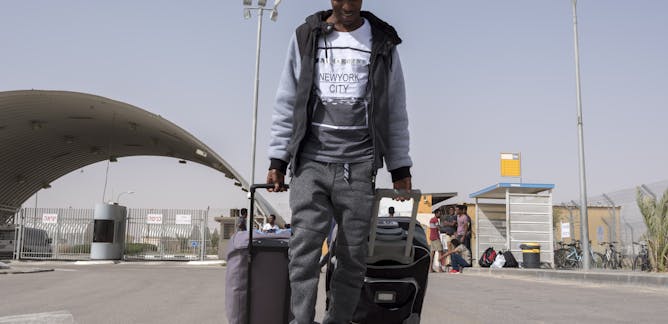
Milena Belloni, University of Trento
The flow of unaccompanied minors from Eritrea has become the subject of international concern.
| |

David Murphy, University of Strathclyde
Pan-African festival marked the emergence of a post-imperial world
|
|
|
| |
| |
| |
| |
| |
| |
|
|
|
|
|
|
|